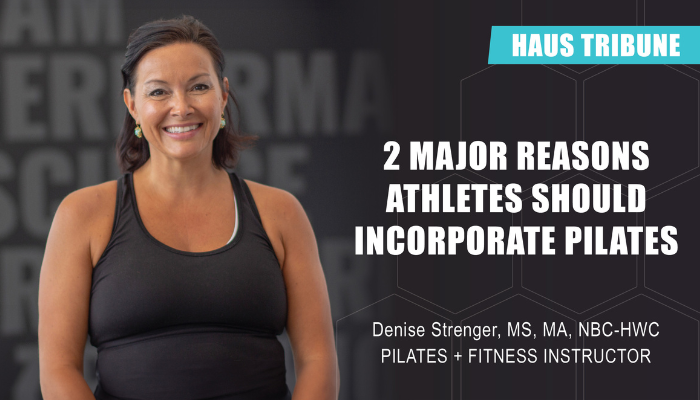
Two Major Reasons Athletes Should Incorporate Pilates
During the 1920’s, Joseph Pilates developed “Contrology,” which we now call Pilates after his namesake. Pilates philosophized that if one could control their core muscles through the power of the mind and proper breathing, they could achieve an integrative strength from the inside out.
Pilates recognizes that motor functions of the brain control the mobility and stability of the body. Movements activate specific muscles in functional sequences at controlled speeds and emphasize quality, precision, and control. By developing proper technique, you can re-train your body to move in safer, more efficient patterns of motion which is invaluable for sports performance and injury recovery.
1. Pilates and Sports Performance Enhance the Whole Body
Conventional workouts are weight bearing and tend to build short, bulky muscles necessary for most athletes. However, this type of muscle is the most prone to injury.
Conventional workouts are often repetitive by working the same muscle, creating imbalance in the body, and resulting in pain. Pilates elongates and strengthens muscles to improve muscle elasticity and joint mobility, unlike traditional weight-bearing workouts.
Pilates conditions the whole body which is especially important for athletes. The entire musculature is evenly balanced and conditioned, helping you enjoy daily activities and sports with greater ease, better performance, and less chance of injury. Pilates exercises train several muscle groups at once in smooth, continuous movements. The whole body is addressed, even the ankles and feet, which makes Pilates the perfect complement to sports performance at every level.
2. Pilates Does It All with Movement-Based Recovery
Part of efficient recovery is incorporating a mind-body practice to help the body return to a state of homeostasis. Using intentional breath work, Pilates can help your body recover and return to a calm state. When you exercise, you release carbon dioxide, which the lungs need to remove. In Pilates, breathing is matched to movements and helps the respiratory system cleanse the body of the toxins you create.
Slow, deep breathing after exercise can have several benefits which include helping the body rid itself of the carbon dioxide and lowering cortisol, adrenaline, blood pressure, and heart rate. All of these are necessary for optimal recovery. Mindfulness practices incorporated in Pilates, such as meditation and deep breathing, can also help reduce stress and promote a sense of calm.
Pilates does it all by giving you an edge both physically and mentally, setting you apart from your competition and improving your health. Pilates enhances performance by lengthening and strengthening muscles of the entire body, and it aids in recovery, bringing the body back into balance. Nearly every movement targets the deep abdominal muscles and pelvic floor, which stabilize the spine, hips, and back to promote healthy posture.
We’re giving away FREE Pilates sessions at the HAUS so you can experience the difference for yourself. To claim this offer, email [email protected] by 3/13. Offer only available to the first 10 customers.

